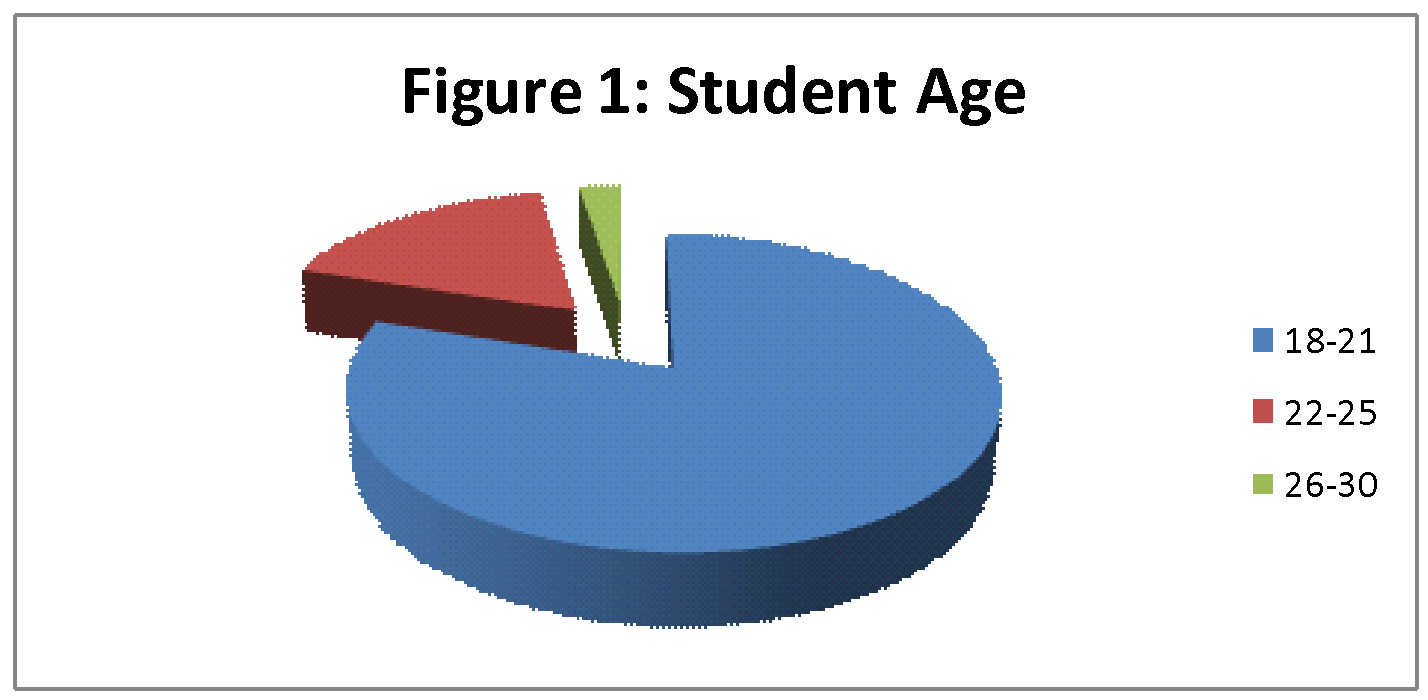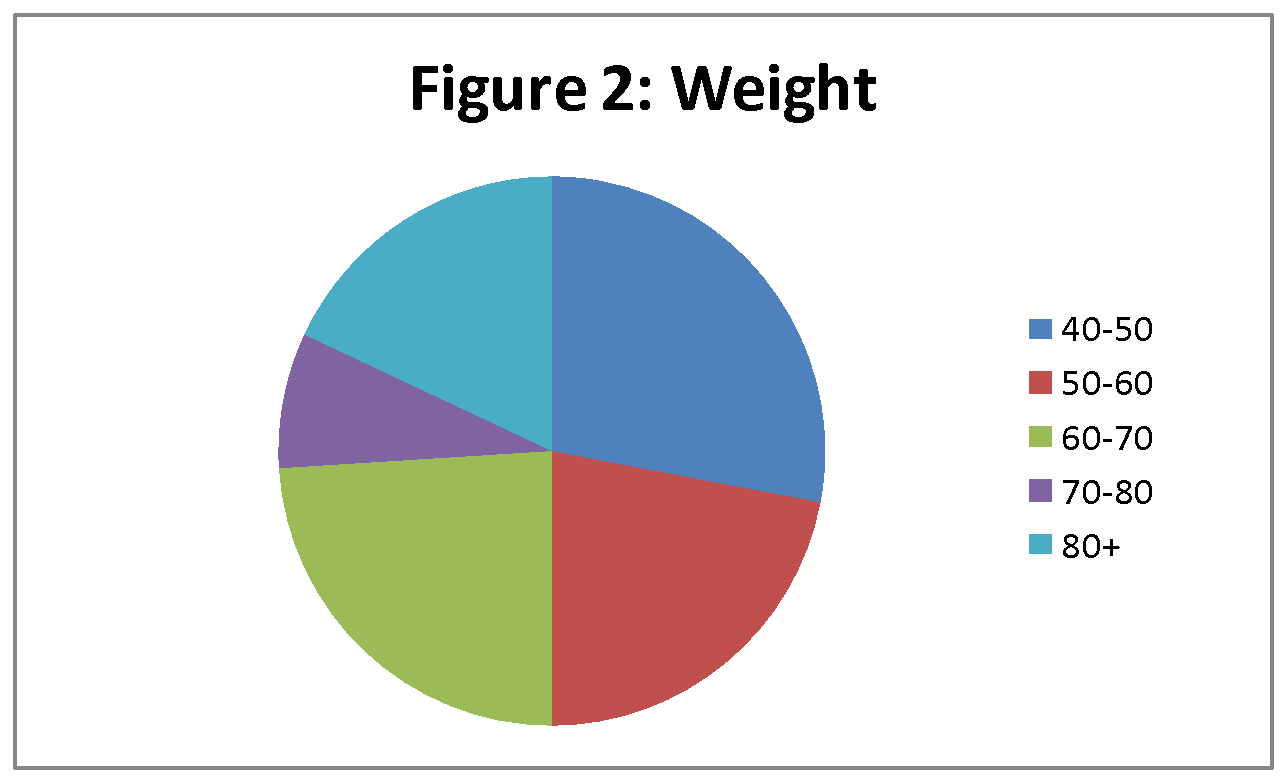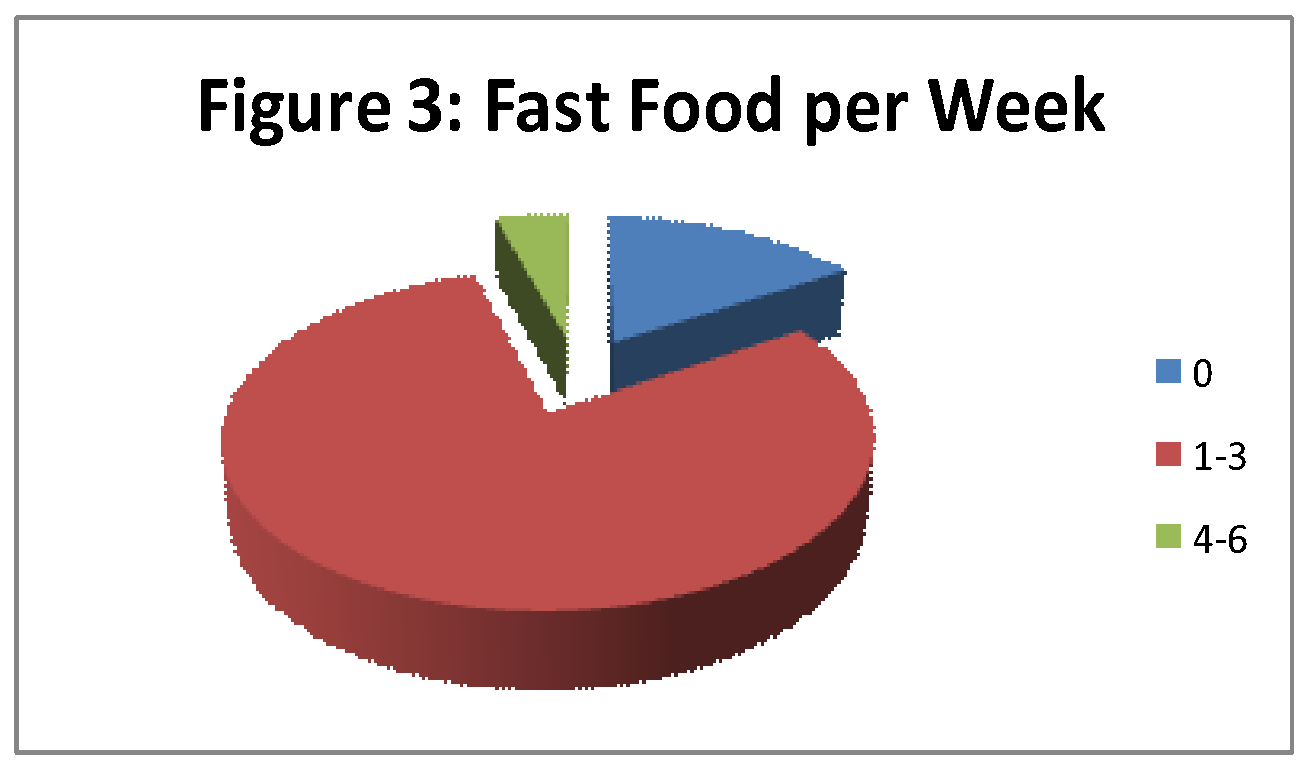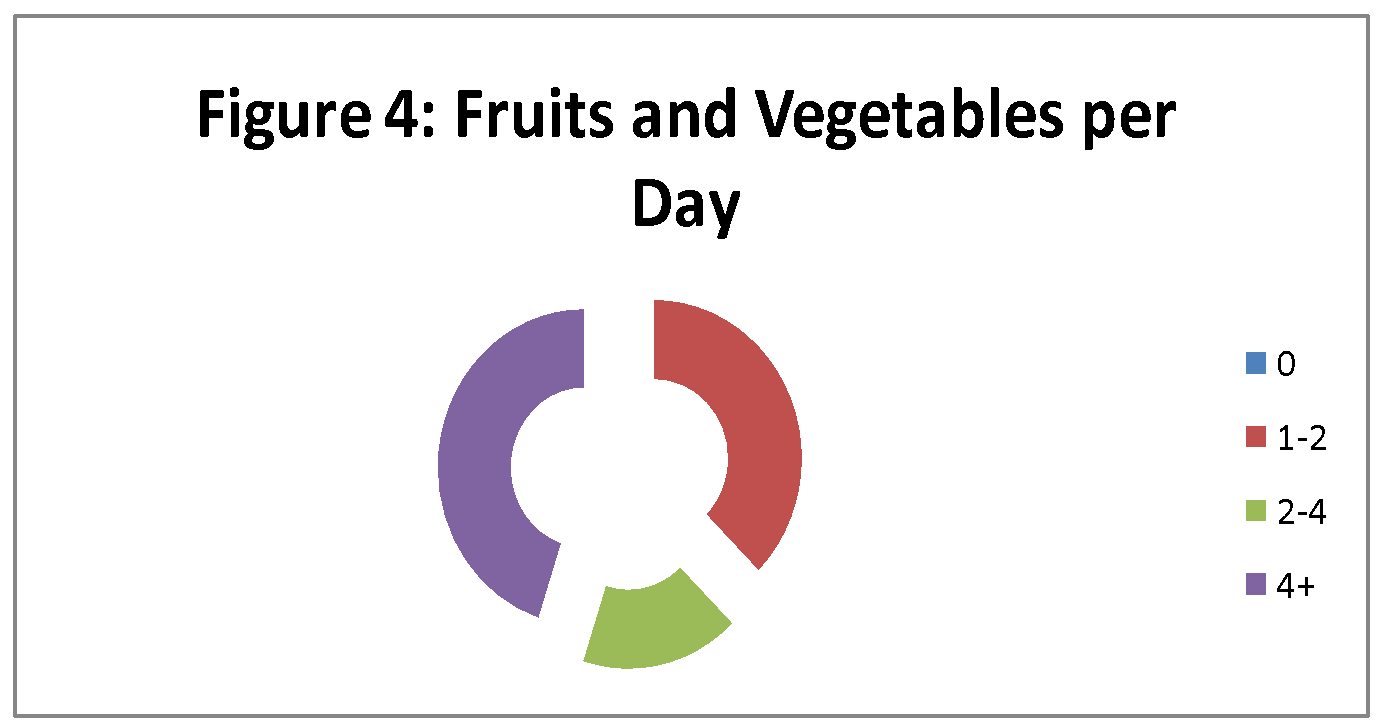Abstract
The aspect of healthy eating among the students of a university is considered to be very influential nowadays. Many students are aware of the importance to eat properly and to avoid eating fast food. Wrong nutrition may cause several problems with health; this is why it is necessary to raise the questions of proper eating as frequent as possible. In this report, the analysis of several Australian students’ preferences in food is described.
Using the results of the questionnaire where 40 students participated, the discussion is developed. The connection between food and health is too close; this is why students should be more attentive to what they eat and under which conditions they eat. This report aims at focusing the main factors of dietary habits which are observed among the international and local university’s students and recognizing campus style of life as the main influential factor.
Introduction
Nowadays students are usually free to choose what they can eat, what they want to eat, and when they may eat. In spite of numerous dietary ideas, the vast majority of students do not find it necessary to pay attention to healthy eating aspects. For example, UCLA investigations show that American adolescents prefer to drink soda (62%) and eat fast food (43%), and only 38% try to diversify their eating habits using useful fruits and vegetables (Diamant et al. 2009).
Almost the same situation is observed in Australia. There are a lot of different factors of why so many international and local universities’ students refuse an idea of healthy eating: cultural aspects, chosen style of life, lack of time or desire, or even living conditions.
Eating habits of young students are far from being ideal (Worthington 2003). In her turn, Larsen (2008) admits that it is not enough to eat some special type of food to support healthy eating, but it is mote important to control the ways and time of eating, and Australian students cannot demonstrate appropriate results. This is why one of the main factors that may affect dietary habits of universities’ students is considered to be campus style of life.
Methodology
Investigations in the sphere of healthy eating among students prove that even appropriate conditions to buy healthy food are not enough to make students eat properly (Diamant et al. 2009). To achieve better results and promote healthy eating, it is more important to concentrate on the style of life each student prefers.
With the help of the questionnaire where 40 university’s students answered several questions, it is possible to find out what style of life they prefer and the reasons of their preferences and to define the main obstacles for healthy eating. About 12 questions are posed to different students. The first part of the questions aims at defining students, their background, and general information about age and weight. The second part of questions focuses on their eating preferences and conditions under which students eat.
The information from the offered questionnaire is evaluated and analyzed thoroughly to gain a better understanding of students’ dietary habits.
Results
The results achieved in questionnaires are properly evaluated and described in the figures offered below. The idea that dietary habits of university students usually depend on living conditions may be proved.

In this figure, the age of respondents is identified. The major part of students is under the age of 12-21. There are also several students at the age of 22-25, and the age of one student only is between 26 and 30.

The aim of the second figure is to show the weight data of each respondent. There are nine people who have weight 80+, four students with weight 70-80, 12 students who weigh 60-70, 11 students have weight 50-60, and 14 respondents weigh 40-50. Students are not afraid to share their personal information to research the chosen sphere.

The figure number 3 defines how many times students prefer fast food to healthy food per week. The results are impressive, indeed. Only ten students eat this food more than four times per week, and five students do not eat fast food at all. 25 Australian students visit fast food restaurants 1-3 days per week.

The results of the figure number 4 are the most crucial in this research. Students are posed to one question: how many times do they eat fruits and vegetables per day? One of the most promising outcomes is that 0 students give a negative answer. So, each student eats fruits or vegetables every day.
The vast majority of students admit that they eat one or two fruits per day, no more. Eighteen students say they like eating healthy food; this is why it is normal to eat more than four fruits or vegetable day by day. The answer to the seven students is 2-4 fruits/vegetables per day.
Discussion
Australian students are usually provided with numerous opportunities to eat properly, and healthy day by day, however, the style of life that is inherent for Australian campuses is considered to be an integral point. Students who study full-time have to plan their schedules so that they can visit classes, prepare home assignments, entertain, and find enough time to cook and eat accordingly.
During the questionnaire conducted among the students of the university, it is discovered that the vast majority of students prefer to use healthy food in case they have time to cook and eat it properly. However, there are also many cases when students have to eat fast due to the necessity to prepare home assignments or just because they want to entertain.
Another significant point observed is that students prefer to watch TV while eating following the examples of other students. One more peculiar feature is that students like to eat 2 or 3 hours before they are going to sleep. Such a schedule may be caused by a variety of reasons, and lack of student time is the major one. There are also cases when students just skip eating and use some fast food to satisfy their hunger.
However, all these causes and reasons for wrong dietary habits are connected to the fact that all students are live on campuses. Living on campus influences considerably the way of how students eat and disturb the necessary balance.
Of course, many students try to eat healthy food like fruits or vegetables. But still, the reasons why they prefer such food is not about the necessity to eat properly but about the lack of need to spend much time cooking. They eat fruits while they read, watch TV, listen to music, walk, etc. And it turns out to be more important to explain the necessity to eat properly and to protect their mind and body against premature healthy problems, disorder, and obesity.
Conclusion
In general, the results of the questionnaire and investigations in the sphere of student food and health are considered to be very important. In spite of the fact that students are usually aware of the harmful nature of fast food, they cannot stop using it. However, some students try to use healthy products and eat properly. This is why it is very important to inform students about the danger of wrong nutrition and provide them with opportunities to eat properly and in time.
Reference List
Diamant, A. L., Babey, S. H., Jones, M., & Brown, E. R. 2009, ‘Teen Dietary Habits Related to Those of Parents’, UCLA: Health Policy Research Brief. Web.
Larsen, L. 2008 The Everything Low-Cholesterol Cookbook: Lower Your LDL with These Delicious, Low-Fat Meals Your Whole Family Will Love. Avon, MA: Adams Media.
Worthington, P. H. 2004 Practical Aspects of Nutritional Support: An Advanced Practice Guide. Philadelphia: Elsevier Health Sciences.